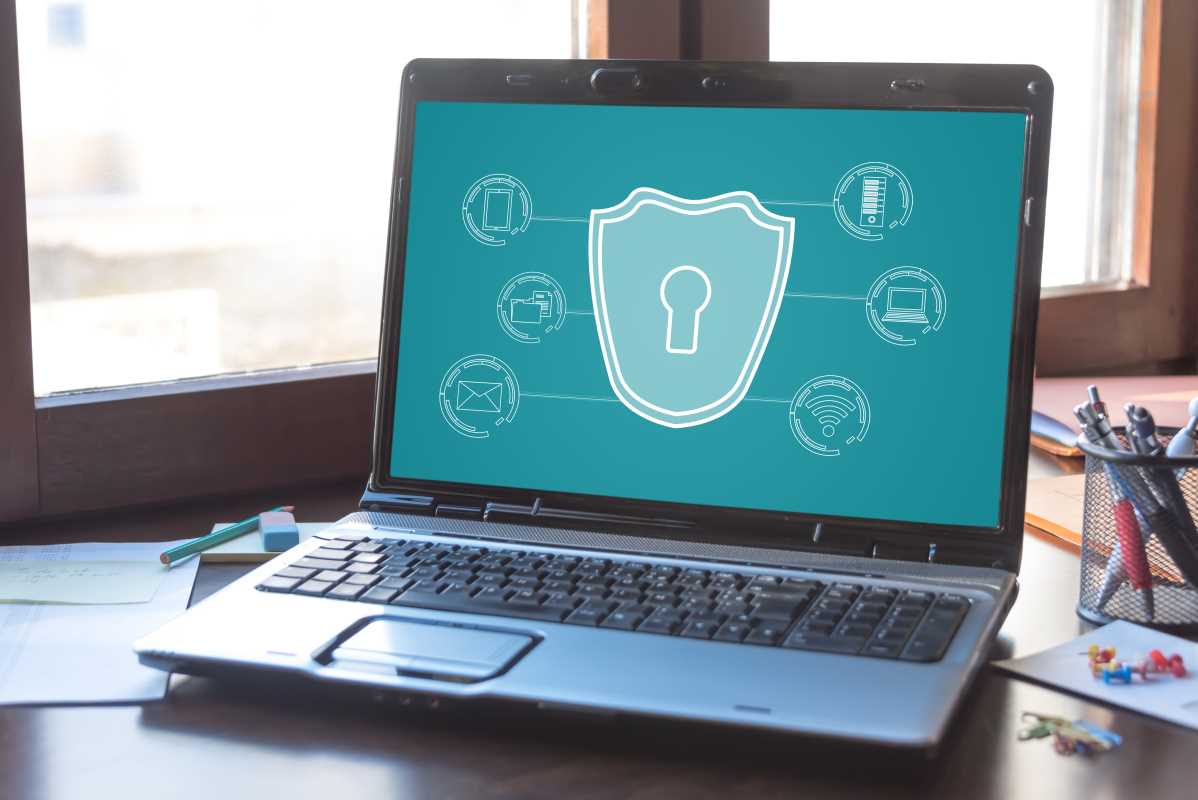Picture this: you wake up one morning and discover that your small e-commerce store has been hacked. The breach has exposed your customers' personal information, brought your sales to a standstill, and left your reputation severely damaged. Unfortunately, this situation is not as uncommon as it seems. Small e-commerce businesses often find themselves vulnerable due to inadequate security measures. Recognizing the importance of cyber liability is vital to protecting your business from such digital threats. By staying informed and prepared, you can shield your enterprise from the potential fallout of cyberattacks and ensure its long-term success and resilience.
Cyber liability includes the risks associated with operating online, from data breaches to cyberattacks. For small e-commerce businesses, navigating these risks feels daunting, but having a clear plan can make all the difference in protecting your livelihood.
Understanding Cyber Liability
Cyber liability refers to the potential risks and financial repercussions that an e-commerce business faces due to cyber threats. Here are some key aspects:
- Data Breaches: Unauthorized access to sensitive customer information like credit card details and personal data.
- Ransomware Attacks: Malicious software that encrypts your data and demands payment for its release.
- Business Interruption: Cyber incidents can cause downtime, leading to lost sales and productivity.
- Reputation Damage: A cyber incident can erode customer trust, leading to long-term negative effects on your brand.
- Legal Liabilities: Non-compliance with data protection regulations can result in hefty fines and legal actions.
Challenges for Small E-commerce Businesses
Small e-commerce businesses often operate with limited resources, making it challenging to address cyber liability effectively. One major hurdle involves the lack of specialized knowledge. Without in-house cybersecurity experts, understanding the full scope of cyber threats and how to mitigate them can feel overwhelming.
Budget constraints can also limit the ability to invest in advanced security measures. Small businesses might prioritize immediate operational costs instead of long-term cybersecurity investments, leaving them vulnerable to attacks. The rapidly evolving nature of cyber threats means that keeping up with the latest security practices requires continuous effort and adaptation.
Benefits of Clarity in Cyber Liability
- Enhanced Security: A clear cyber liability plan helps you identify and address potential vulnerabilities, reducing the likelihood of cyber incidents.
- Financial Protection: Understanding cyber liability allows businesses to secure appropriate insurance coverage, protecting against financial losses from cyberattacks.
- Regulatory Compliance: Clarity in cyber liability ensures that your business adheres to data protection laws and industry standards, avoiding legal penalties.
- Customer Trust: Demonstrating a commitment to cybersecurity can build and maintain customer trust, which is essential for long-term success.
- Operational Continuity: A well-defined cyber liability plan ensures that your business can quickly recover from cyber incidents, minimizing downtime and maintaining operations.
Practical Steps to Manage Cyber Liability
Managing cyber liability doesn't have to feel overwhelming. Here are some actionable steps small e-commerce businesses can take:
- Conduct a Risk Assessment: Identify and evaluate the potential cyber threats your business faces. This includes understanding the types of data you handle and where vulnerabilities may exist.
- Implement Strong Security Measures: Use firewalls, antivirus software, and encryption to protect your data. Regularly update your systems to guard against the latest threats.
- Train Your Team: Educate employees about cybersecurity best practices, such as recognizing phishing attempts and using strong passwords.
- Develop an Incident Response Plan: Have a clear plan in place for how to respond to a cyber incident, including steps for containment, communication, and recovery.
- Secure Your Payment Systems: Ensure that all payment transactions remain secure and compliant with standards like PCI DSS to protect customer financial information.
- Back Up Your Data: Regularly back up critical data and store it securely to ensure you can recover quickly in the event of an attack.
- Consider Cyber Insurance: Explore insurance options that can help cover the costs associated with cyber incidents, providing an additional layer of financial protection.
Integrating Cybersecurity Methods
For e-commerce businesses, integrating cybersecurity into your overall business plan remains essential. Start by aligning your cybersecurity goals with your business objectives, ensuring that security measures support your growth and customer satisfaction. Regularly review and update your security policies to adapt to new threats and changes in your business environment.
Collaborating with cybersecurity experts can provide valuable insights and assistance in developing a comprehensive plan. Utilize available resources and tools to monitor your systems continuously, allowing you to detect and respond to threats in real-time. Building a culture of security within your organization ensures that all team members act proactively to protect your business from cyber risks.
Understanding and managing cyber liability remains vital for small e-commerce businesses to succeed in the digital marketplace. By taking proactive steps to protect your data and operations, you can safeguard your business against the ever-present threats of the cyber world. Don't wait until a cyber incident strikes—start building your cyber liability plan today to ensure your business remains secure and resilient.
Understanding cyber liability is crucial for safeguarding your e-commerce company.







